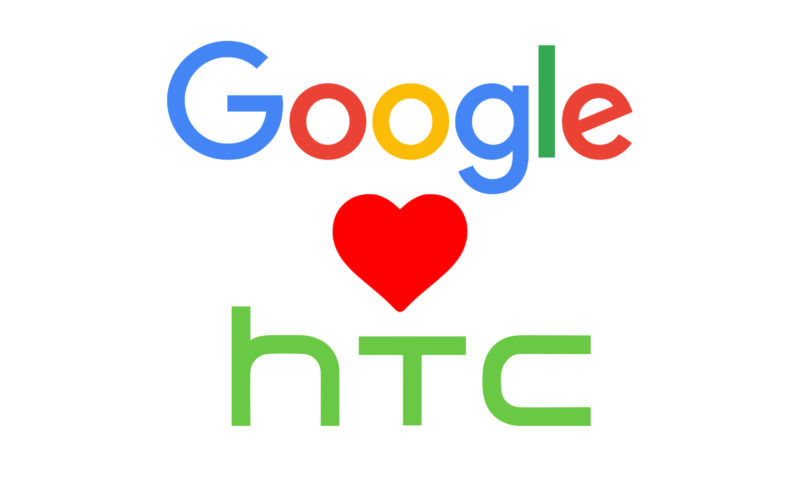
The Google and HTC deal is official, it's just not quite what we expected. Google isn't buying HTC outright, à la Motorola. Instead, Google and HTC have signed an agreement to send some of HTC's employees over to Google, while HTC gets a $1.1 billion cash infusion. The deal also includes a non-exclusive license for HTC's intellectual property.
While earlier rumors pointed to an outright acquisition of HTC by Google, HTC remains an independent company and will still manufacture smartphones. Google is acquiring some 2,000 HTC employees but not any of its factories. Manufacturing facilities are more of a liability today in the smartphone business than anything, with even Apple, the king of vertical integration, outsourcing that work to companies like Foxconn.The deal was announced by Google's SVP of Hardware and former Motorola CEO Rick Osterloh. In a blog post, Osterloh said, "With this agreement, a team of HTC talent will join Google as part of the hardware organization. These future fellow Googlers are amazing folks we’ve already been working with closely on the Pixel smartphone line, and we're excited to see what we can do together as one team."
Many of the HTC employees moving to Google are veterans of the Pixel team. This will allow the company to create smartphones that are more differentiated from the competition. Today, Google-branded Pixel phones have "secret" manufacturers that heavily influence the design of the phone. The 2016 Pixel and Pixel XL were manufactured by HTC, while the 2017 Pixels (launching October 4) are split between two manufacturers. The smaller version is made by HTC, while the larger version is made by LG. We also know from FCC filings and device teardowns that Google doesn't do as much of the engineering work on the Pixel as it would like you to believe.
A beefier hardware team will help Google bring much more of the design in-house. It should also help it realize some of its bigger smartphone hardware ambitions, which include things like making its own SoCs and building machine learning co-processors, called "Tensor Processing Units," into phones.
HTC gets a $1.1 billion cash infusion, which it will use to continue competing in the smartphone and VR markets. In a press release, the company says the sale of the Pixel team will give it "a more streamlined product portfolio, greater operational efficiency, and financial flexibility." HTC swears it will still be around in the future, saying it "will continue to have best-in-class engineering talent, which is currently working on the next flagship phone."
While Google's cash is a good bandage for HTC, this isn't a solution to the company's sales, which continue to plummet despite positive reviews of devices like the HTC U11. We'll be keeping HTC's seat warm in our annual Deathwatch article.
reader comments
97